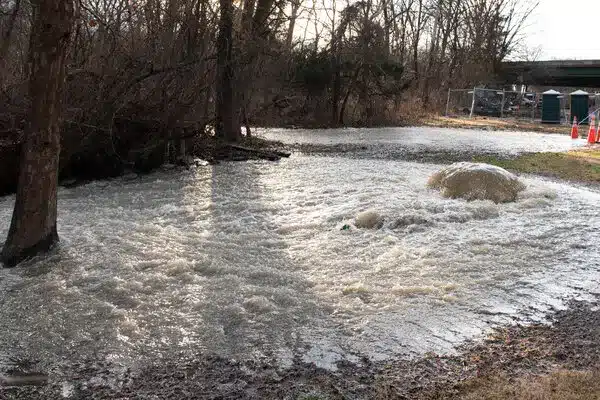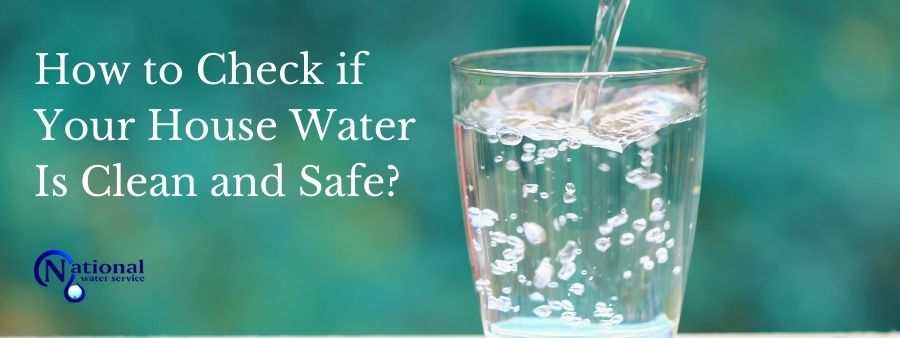
Way To Check Your House Water is Clean Safe
Water treatment is something that’s so background, it barely registers as a thought. Clean water, however, is the most basic right of any individual. Before you invest in water quality solutions or install expensive water filtration systems, you need to know how safe or toxic your tap water is, so you can have a plan of action. If you don’t know what’s wrong with your water, how do you know how to fix it? Not all water treatment systems treat everything!
Read on to find out how you can check if your house water is clean and safe, and what to do if it isn’t.
Warning signs in your house water
All drinking water contains trace amounts of some chemicals, which can be naturally occurring or from pollutants. It is only a problem when the trace amounts turn into toxicity. Here are a few warning signs to look out for that tell you your water needs testing in Maryland.
Colored Water
Water is supposed to be colorless. If yours has even the slightest hue, your water may not be safe or clean enough for consumption.
Smelly Water
Since water should be odorless, fishy or rotten smell is often a clear warning sign for your water being unclean and dangerous.
Unpleasant-Tasting Water
High salinity, contamination, and sulfur make your water taste nasty when it is actually supposed to be tasteless. If your water has a flavor, it isn’t safe.
Dirty Water
Finally, if your water appears muddy or greenish, it is either contaminated by sand or chemical or worse: it has fungal growth.
5 ways to find out if your water is safe
Contact your water supplier
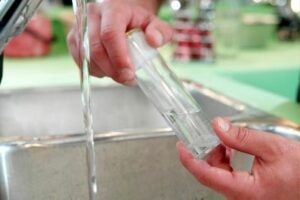 Most municipal systems do their best to provide clean drinking water but remember that even perfect filtration has its limitations and cannot remove naturally occurring elements in some areas.
Most municipal systems do their best to provide clean drinking water but remember that even perfect filtration has its limitations and cannot remove naturally occurring elements in some areas.
By law, your water agency is required to disclose a report discussing the quality of water they are supplying to you. This report is generated on July 1 every year. Since it details any and all contaminants that have been detected in your water, this is the most reliable way to learn more about your house water.
All you have to do is get in touch with your provider to get your hands on the report. If you’re concerned about what it says, a local water treatment company in Maryland can help you test your water.
Use the EPA’s website
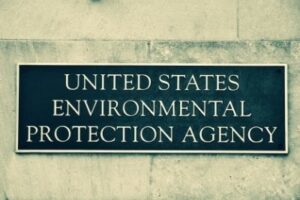 The federal Safe Drinking Water Act requires the EPA to set standards for tap water, which offers a strong foundation for the protection of public health.
The federal Safe Drinking Water Act requires the EPA to set standards for tap water, which offers a strong foundation for the protection of public health.
Under the act, the EPA (Environment Protection Agency) has created the Safe Drinking Water Information System or SDWIS – a set of tools that allow you to search for contaminants in house water.
The site lets you learn more about any issues that have been found in the water that is being supplied to you and what the toxic chemical or matter is. This can not only help you determine whether or not your house water is appropriate for consumption but also employ the appropriate water treatment procedure, like investing in reverse osmosis or sediment filtration.
Do the 4-senses test to see if your drinking water is safe
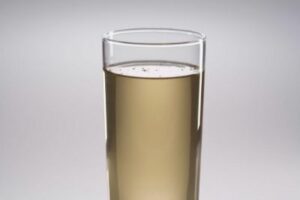 Sometimes, you don’t need to carry out an elaborate procedure to test your water’s quality. You can use four out of your five natural abilities to determine how good or bad your water is. Here’s how.
Sometimes, you don’t need to carry out an elaborate procedure to test your water’s quality. You can use four out of your five natural abilities to determine how good or bad your water is. Here’s how.
- Taste: Unsafe water may taste salty or metallic. This may be due to excess chlorine or metal remnants from the pipes.
- Smell: If your water smells like fish, rotten eggs, or public swimming pools, it may be due to decaying organic matter, bacterial or fungal growth, or industrial contamination.
- Touch: Your water shouldn’t feel slimy on your skin. If it does, it is either foul or hard water and isn’t fit for consumption.
- See: A cloudiness test is another great way to know if your water is healthy. If your water appears to be cloudy, it may contain pathogens or other toxic chemicals, making it unfit for drinking or cooking purposes.
Any of these issues indicate you should contact a Maryland Water Company ASAP to complete thorough water testing on your home’s water.
Look for common contaminants
 There are numerous contaminants lurking in your drinking water that aren’t obvious to the naked eye when you turn on the faucet. These contaminants can damage your health. Many of them can lead to grave health effects like irritations, respiratory problems, skin rashes and allergies, and even cancer.
There are numerous contaminants lurking in your drinking water that aren’t obvious to the naked eye when you turn on the faucet. These contaminants can damage your health. Many of them can lead to grave health effects like irritations, respiratory problems, skin rashes and allergies, and even cancer.
Hydrogen sulfide, chlorine, lead, decaying organic matter, metal, sand, or grit are some of the most common culprits of having unsafe drinking water in Maryland. Identifying these impurities in your tap water and checking their concentration levels can save you from drinking and cooking with potentially toxic tap water.
DIY water testing
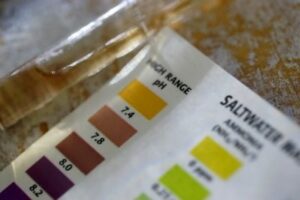 There are two ways to test your water at home and both require the use of DIY water testing kits. If you are seeking a free test, you can send in a request to your local administration and they can mail a testing kit to your house free of cost.
There are two ways to test your water at home and both require the use of DIY water testing kits. If you are seeking a free test, you can send in a request to your local administration and they can mail a testing kit to your house free of cost.
Conversely, you can get a paid test from any supermarket, which will deliver the exact same results as the free one.
As water treatment experts, we recommend neither of the two options. Instead, we suggest you send in your water sample to an authorized testing lab because that is the only way to get conclusive reports on your water. At National Water Service, we ensure accurate and thorough water test results so there is no confusion about the quality of your water.
How to check if your water is hard or soft
Water hardness refers to the amount of minerals, such as calcium and magnesium, which are dissolved in the water. These can have a negative impact on both your plumbing system and your health. After all, hard water is terribly corrosive.
Fortunately, it is quite easy to test if your water is hard or soft. Add a couple of drops of liquid soap in half a glass of water. Shake vigorously and wait for the particles to settle. If the fluid appears cloudy, it is hard water. Hard water should be managed ASAP to protect your home’s pipes and yourself and any family members.
Worried about hard water in Maryland? Give us a call!
What does water treatment involve?
From giving your water storage facility and pipes a thorough cleaning and installing water filtration systems to performing a distillation process and adding chemicals to remove contaminants, water treatment may refer to anything that solves your problem.
Some water quality solutions may also involve working with a plumber, which is why it is best to contact a professional water treatment agency to treat your water for you. We will not only identify the problem but also determine the right solution needed to fix it, so you can enjoy clean and safe water. Peace of mind for your home and your family is one call away.

